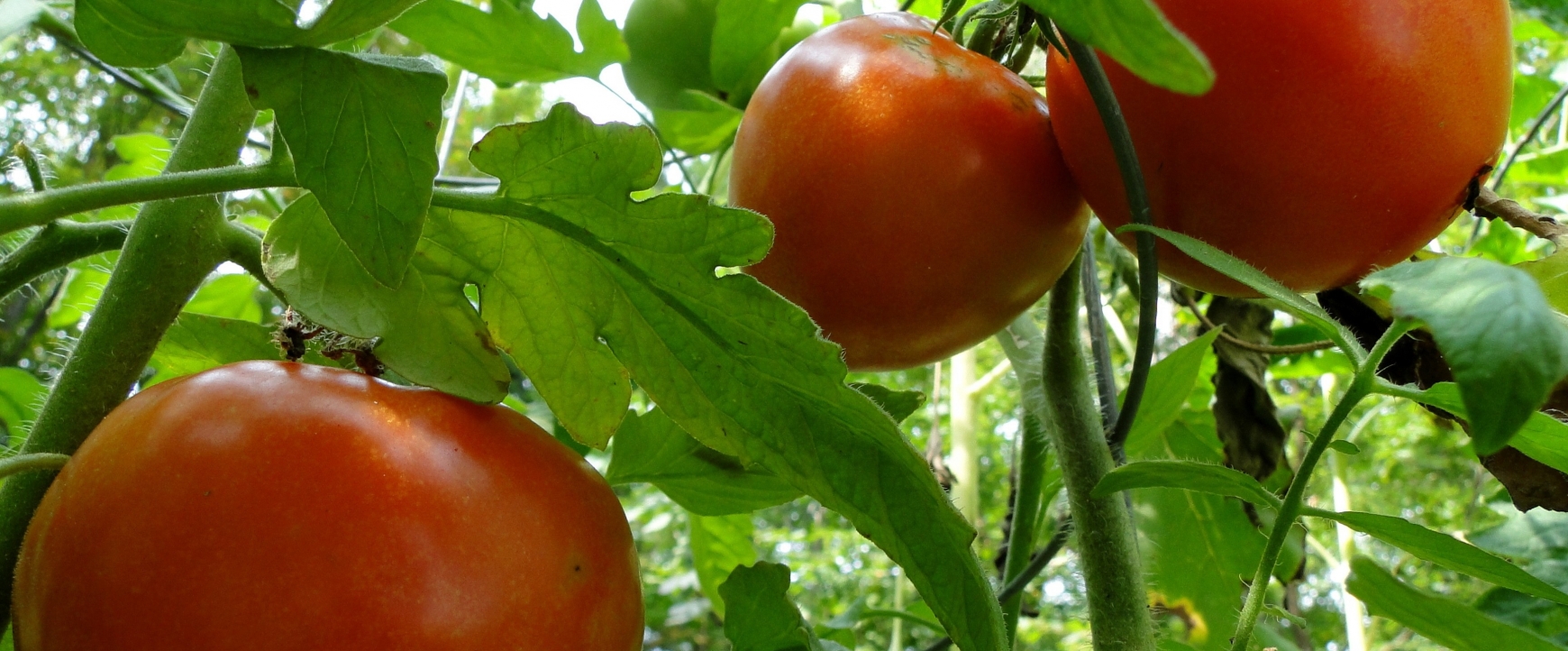Given the current situation around the Coronavirus pandemic, most aspects of society have been greatly affected, horticulture and agriculture is no exception. The lockdowns imposed by the UK government in March, as well as others around the world, have led to immediate consequences for the whole farming sector, the biggest impact being reduced workforce availability.
With very few transient labourers from Europe willing or able to travel to carry out seasonal work, the UK industry could be looking at a shortfall of 70,000 fruit and vegetable pickers. Even UK-based workers may be hard to find, despite many having been laid off by other industries, due in part to the manual labour and low pay typical of crop picking roles. This could be the first taste of what things will be like when Brexit (that other thing we were worried about!) finally comes into full force.
Other European countries are facing similar problems. There are reports of farmers in France, Italy and Spain discarding fields of asparagus and strawberries, as there is not the workforce to harvest it. In the UK meanwhile, some strawberry growers have been removing tunnels to slow down fruit ripening and buy time to find workers.
Although the UK government has classified farmworkers as ‘key workers’ during this period, more needs to be done to ensure crops can be harvested and not left to rot in the ground. Ali Capper, chair of the NFU’s Horticulture Board emphasises the point: “Every first-world economy is used to workers coming from other economies to pick their fruit and veg.” She goes on to say we are looking at “a major societal shift”.
Depending on what agreements and trade deals are ultimately put in place in post-Brexit Britain, we may have to get used to the fact that the nation needs to become more self-reliant. Technological innovations, such as more efficient production methods and robo-workers, may go some way towards alleviating the burden, but this doesn’t help those affected right now. The NFU continues to lobby for effective mitigation measures, which are outlined here.
Thankfully, the panic buying in supermarkets has subsided, but without people to harvest the crops in the coming months, we could soon find the shelves empty again.


